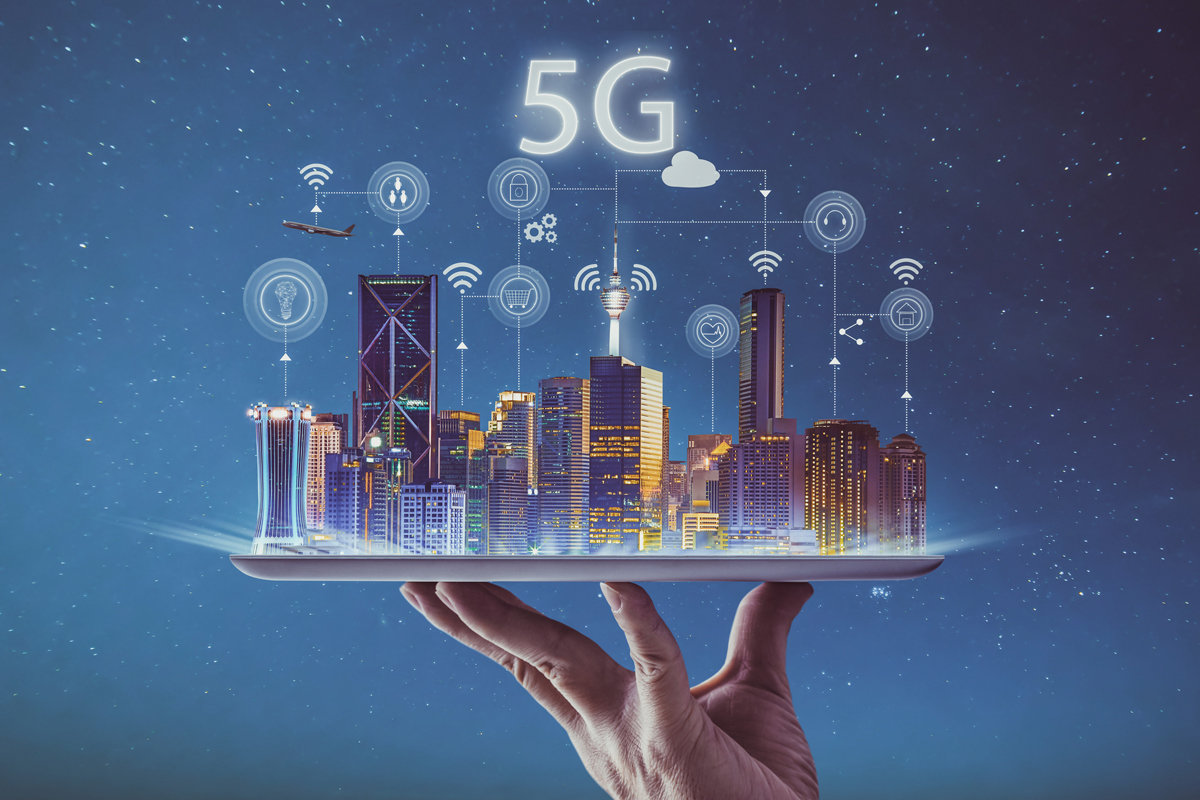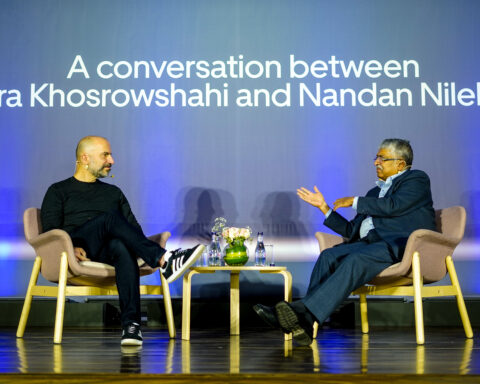India has always delayed the release of telecom spectrums whether it may be 2G, 3G, or 4G it always arrived late in India. Starting from 1995, we discarded the wireless range for fixed-line connections. For efficient use of spectrum, the government issued a convergence bill back in 2001 which wasn’t approved. Late in 2001, a Unified Access License was passed which changed the scene. The number of users doubled tripled and grew by 200 times till the end of the decade. It reduced tariffs and made it possible for Indians to access the networks. This generated massive revenue for the government hence was a success. The 2G auction was rigged and stated as a huge loss as mentioned in the CAG report, which led to a massive scandal and eventually the fall of UPA in 2014 elections. A decision is yet to come whether there were false reports or not. Though after that the 3G spectrum auctions were held smoothly but were delayed the same with the 4G spectrum suctions which were also delayed. And now when mobile phone manufacturers are starting to develop 5g devices and the world is shifting to a better frequency, we again seem to have missed the call. India had invited people to start working on how they can efficiently work it out back in 2018. And despite all the preparation, we aren’t moving fast enough to catch the train.
For ordinary people, 5G may just mean a faster internet speed, but it is much more than that. For every generation of the spectrum, we have improved their capabilities; for example, the last spectrum, i.e. 4G spectrum helped integrate both the telecom and information technology sectors and enabled application services being a pure IP network. 5G will provide seamlessness and reliable data transfer with much faster speeds and help integrate billions of devices. It will form the basis of the future for self-driving cars, the Internet of Things, Artificial Intelligence, and even AR and VR capabilities. Innovations in the Telecomm industry has to lead to the modern industrial revolution, and we believe that the 5G spectrum will be the start of the next revolution.
In India, the private sector has gained power and is driving the industry forward. Indian Telecomm Industry is becoming a duopoly with Reliance Jio and Bharti Airtel. Though the Vodafone-Idea merger has made them the second-largest shareholder in the market but is facing a lot of issues for even paying the salaries on time and maintaining the spectrum in such situations can be a tough task. Reports claim that the merger might not survive if they don’t inject more money in the Indian operations. On the other hand, Mukesh Ambani has been able to raise Rs 1.04 Lakh Crore over a few months to invest in his company. Airtel has also been planning the same to penetrate the market further. It is a battle of giants, and the one with more money will emerge victoriously. But the question is will this lead to crony capitalism in this industry and will India be able to get its hands on the 5G spectrum as efficiently and at the right time. It is also believed that 5g will also help India to grow its GDP as companies come forward to invest money in the spectrum.
2 mins read
Should India pursue the 5G spectrum?









